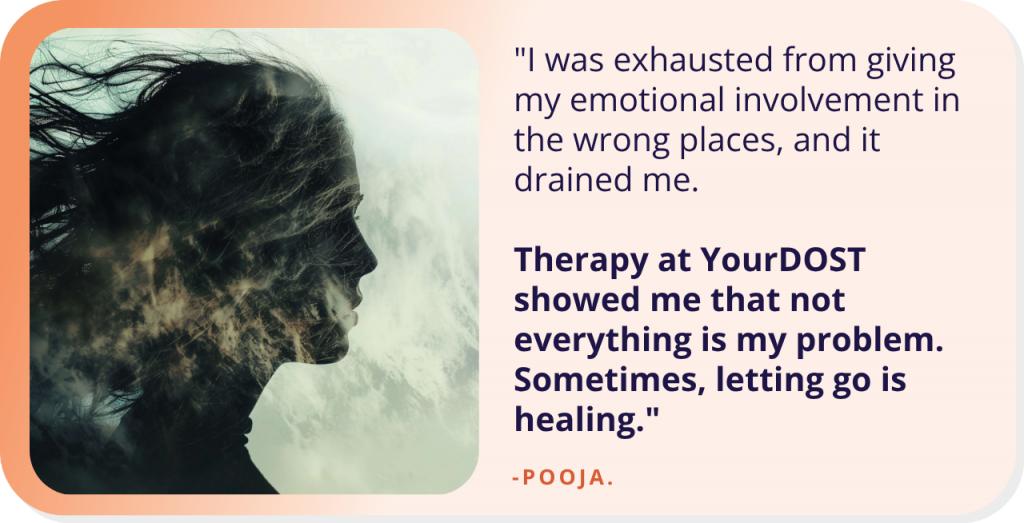The Recipe To “Making a PERFECT DECISION”
– “Am I taking the right decision?”
– “Should I opt to study or work?”
– “What if I don’t get it?”
– “If I take xyz decision, then abc will happen which is good for future, but then there will be lot of issues that will arise concerning family and pqr will also be affected, thus is xyz the right decision?”
Rational and goal oriented thinking help us move ahead in life and achieve. But we also need to realize and identify – when these rational and goal oriented thinking are handicapping us. Aslam as always wanted to get his matrices right to ensure that everything would be perfectly fine in his life and nobody would blame him for the decisions and choices that he would be taking.
We spoke for about 30 minutes where Aslam gave me all the pro’s and con’s of attending and skipping the campus placements. Even after this discussions he is still stuck with the question “Should I attend the placements?”. The only person who could answer this question was Aslam, because it is only he who knows himself better than anybody else and knowing what can really help. So as friend with understanding in psychology, I decided to help him reflect about the situation from few insight that I had from all our previous conversations with Aslam.
Fortunately his junior from the hostel was passing by and wanted to know what Aslam would want to eat for dinner, so that he could order it and by the time we finish our conversation Aslam could eat it. The first response from Aslam was “I don’t know yar!” and that gave me the right opportunity to help him get some insight.
 |
| Source: www.valuewalk.com |
 MeAslam
MeAslam
 MeAslam
MeAslam
 MeAslam
MeAslam
 MeAslam
MeAslam
Many a times in our lives we need to start small and apply it big. Just before Aslam left to have his dinner, we tried to talk about it and the take some learning from such regular day to day thing.
 MeAslam
MeAslam
 MeAslam
MeAslam
 MeAslam
MeAslam
We tried talking about this decision of ordering dinner and then tried to apply it to ‘whether to sit in placements or not?’ He could realize that he had this nature to doubt himself and the decisions that he took. I told him: “May be now you are thinking that you shouldn’t have ordered the Masala Dosa” and he replied “Ya I was just thinking about that!”. This was a moment of insight for Aslam about his ruminating behaviour, gained by reflect on simple conversations that we just made and his mundane decision to eat a Masala Dosa.
Thus Aslam could come to some consensus and understanding about himself. A major insight that he had imbibed and shared post our interaction was that – “Its good to be brave at times, to be bold and take your decisions without worrying much. Not always do we need to get overboard with our thought process. We need to keep in mind that thinking is good, but overthinking is not”. Things are much clearer at the hind sight. Decision making is a learning process which improves every time we get into it. There is nothing called “Perfect Decisions!”.





